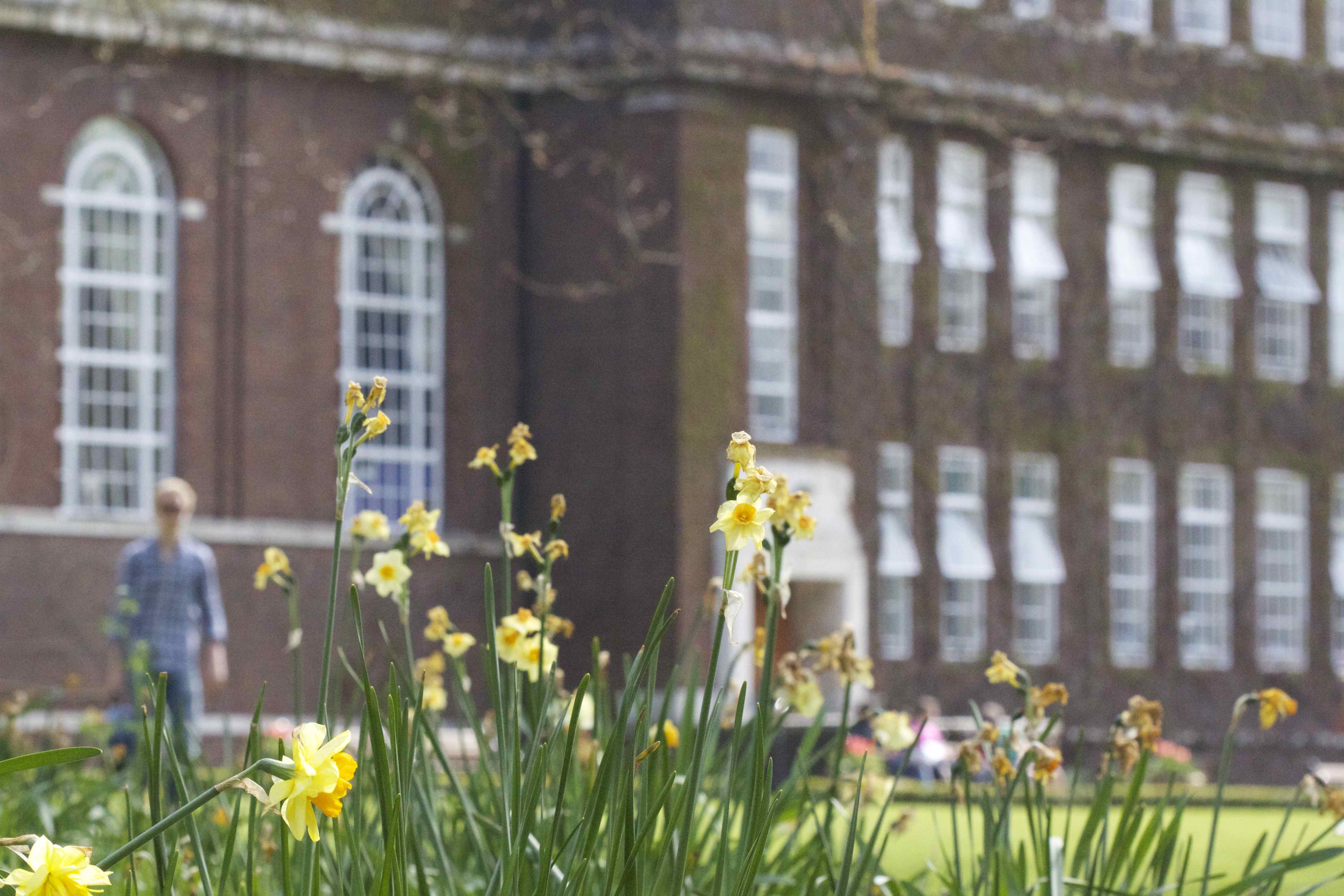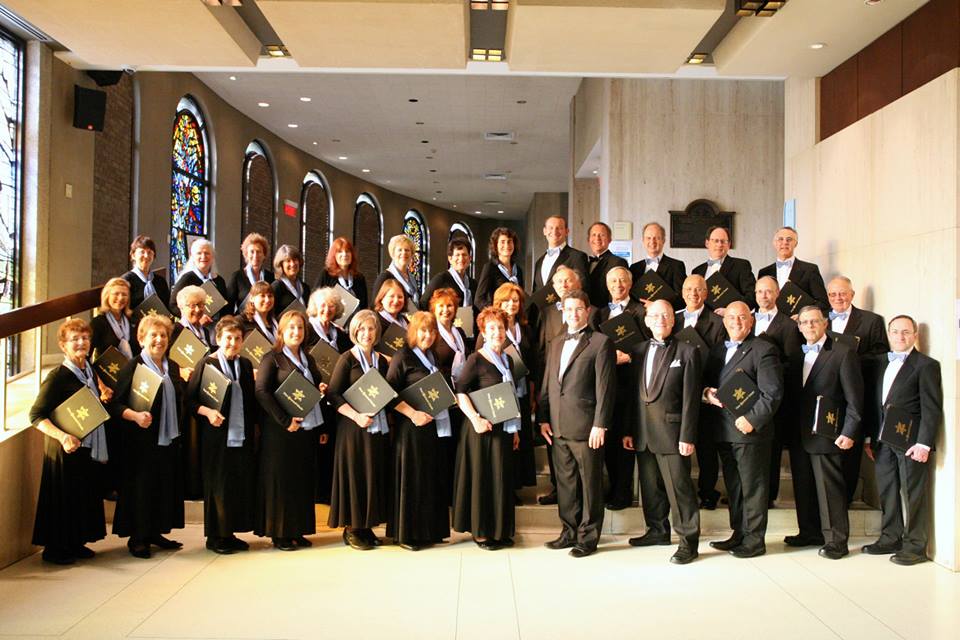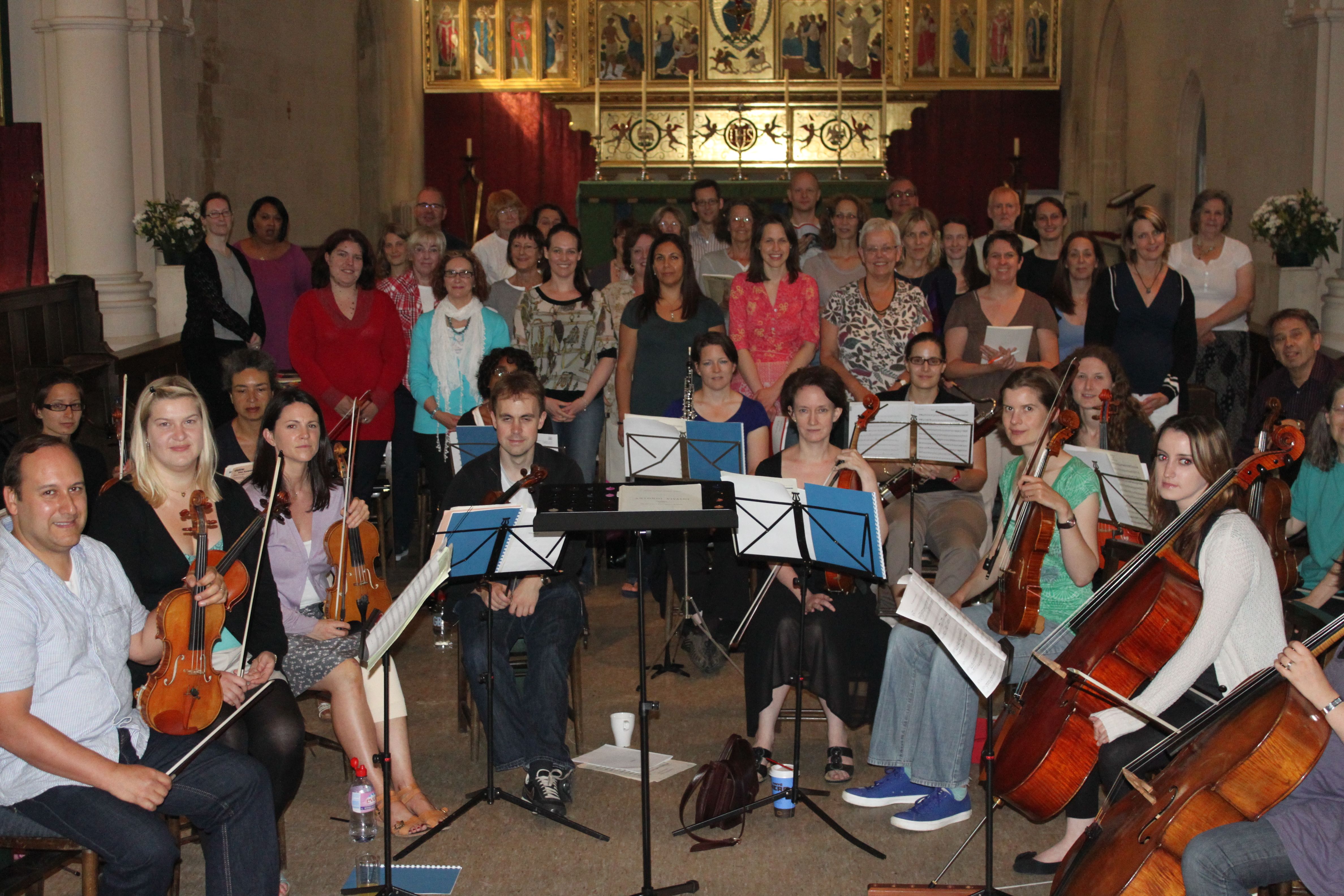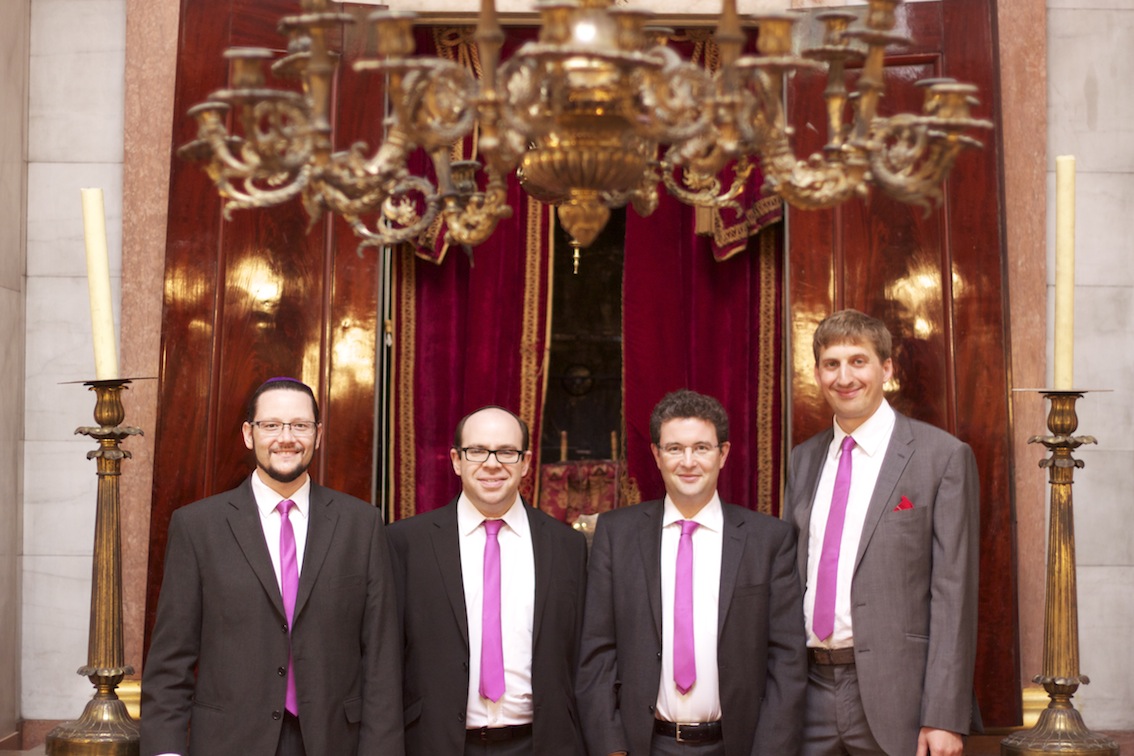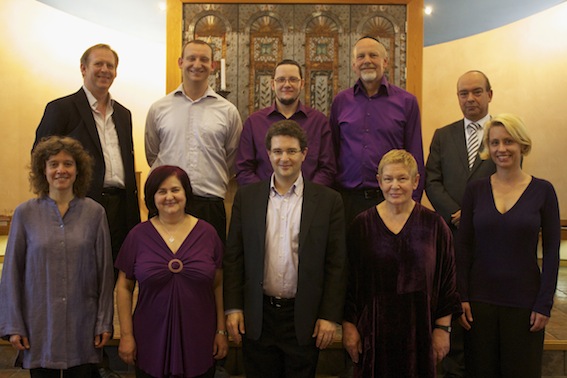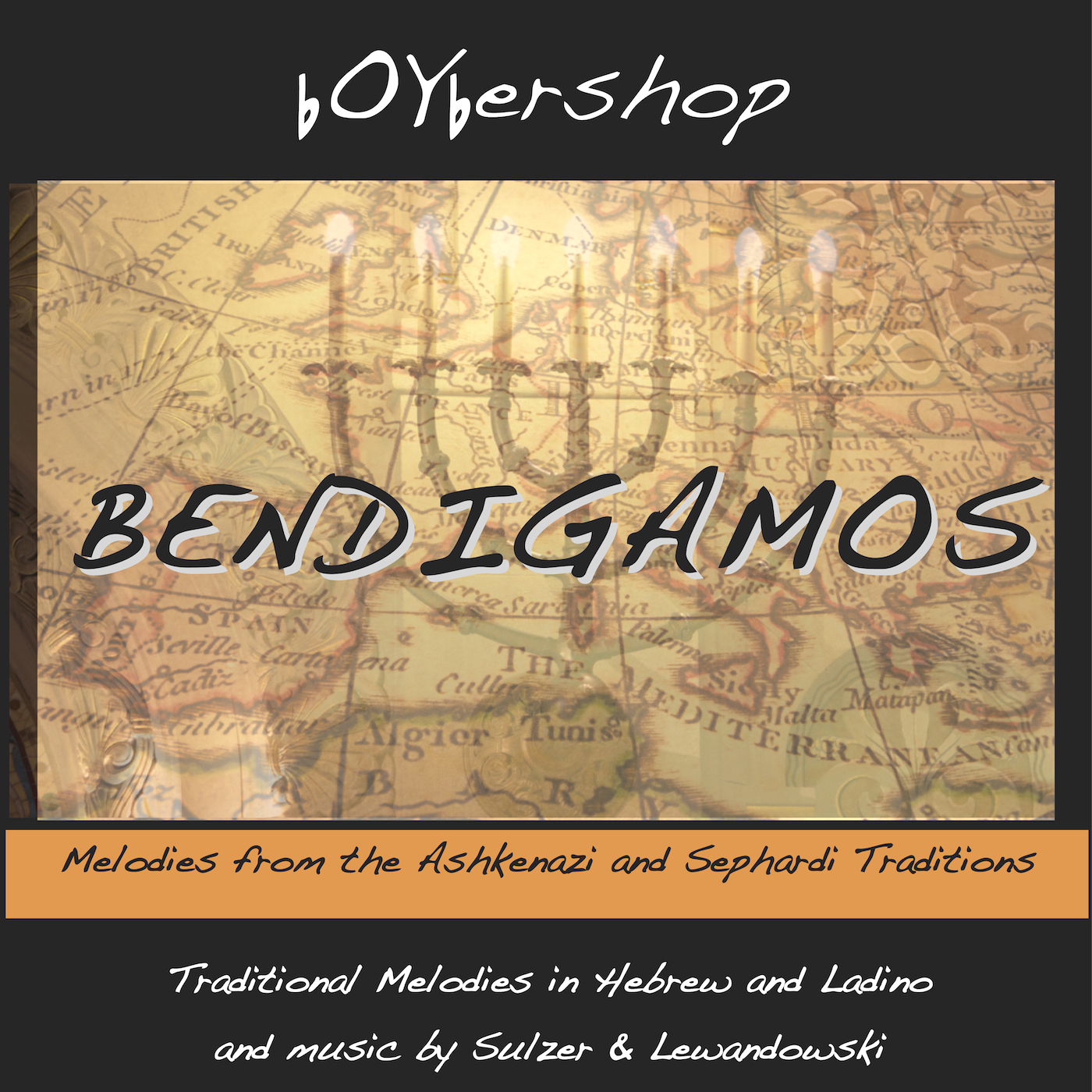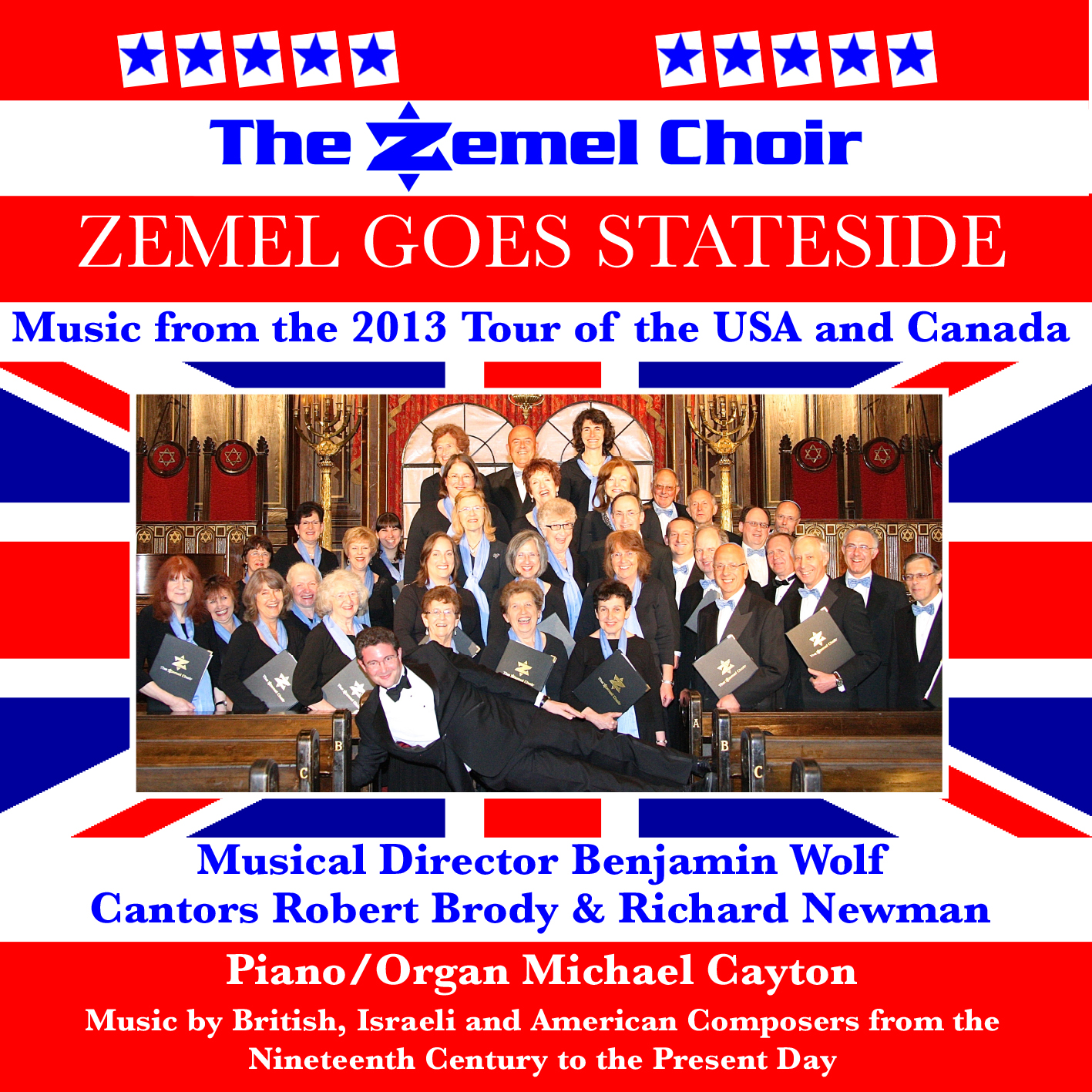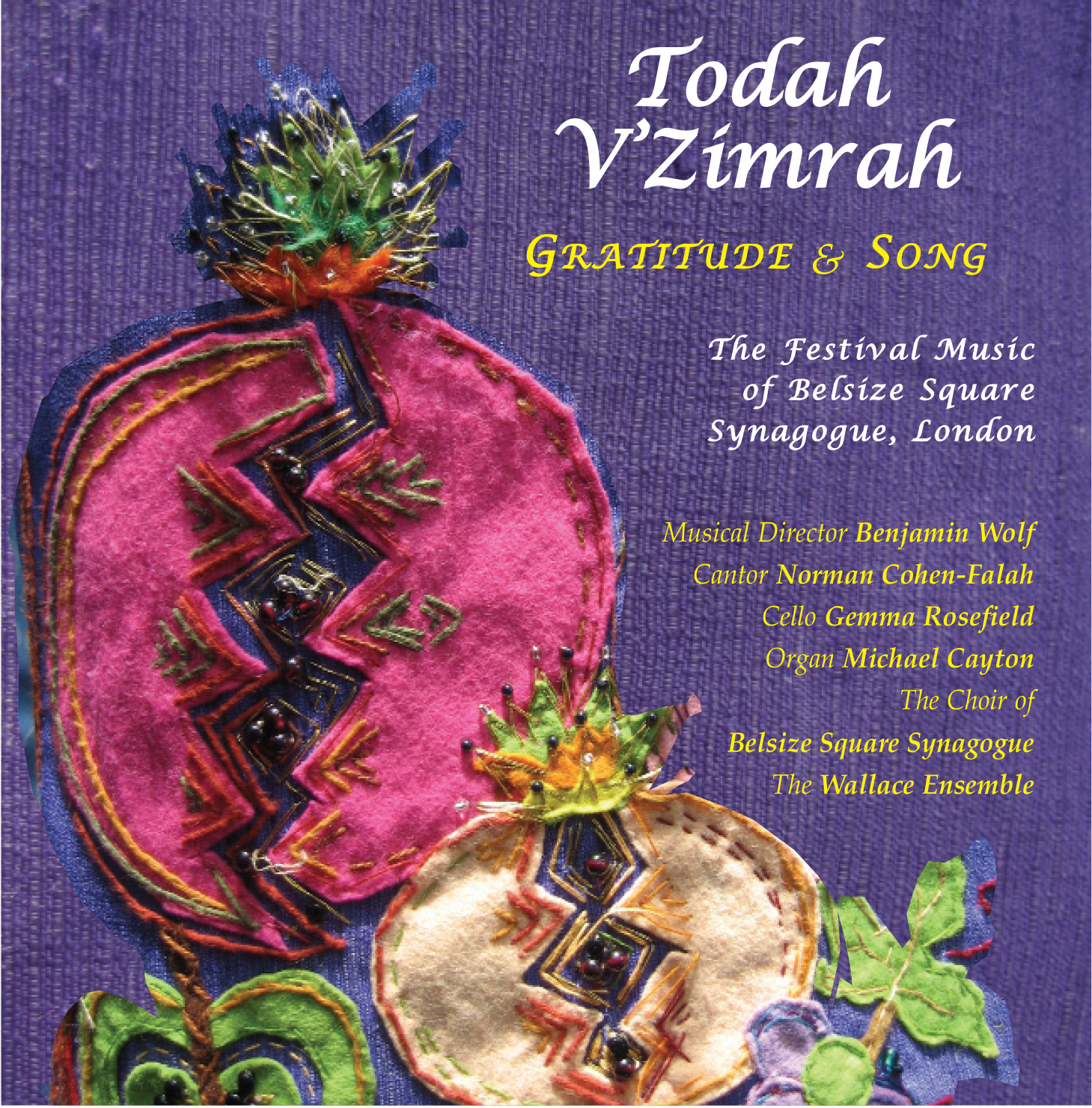Benjamin Wolf was awarded a PhD by the Music Department of Royal Holloway (University of London) in 2010, and has since taught at several British Higher Education Institutions. He is particularly interested in the social history of music and musical institutions, the economics of music, systems of musical promotion and musical life in the twentieth and twenty-first century. His research examined the development of systems of arts subsidy in Britain before and after the Second World War, and their influence upon the fate of new music and living composers. The following is his PhD abstract. The full thesis is available through the British Library's Ethos Service. Alternatively, anyone interested in this research area is welcome to send a message through the contact page.
"The period immediately before and after the Second World War witnessed extreme changes in the ideologies and institutional structures of both government and the organisations promoting classical music in London. This thesis examines the impact of such changes on the fate of new music and the living composer, using a combination of detailed archival research, musicological examination, and consideration of wider cultural and economic factors. It describes a shift from a system dependent on markets and private patronage to one that depended on public subsidy – to some extent, a change from a system which sought to satisfy private tastes to one in which music was promoted for more complicated ideological reasons. This shift occurred in tandem with other phenomena, including the emergence of new technologies of broadcasting, recording and cinema; the development of ideals of public service (particularly in broadcasting); the emergence of popular culture; an increasingly rigid compartmentalisation of music into ‘serious’ and ‘light’ categories; an increase in the total quantity of music (including new music) available; and an increasing willingness and desire to promote more ‘adventurous’ or modernist musical forms. This adventurous new music was only partially promoted by traditional institutions such as symphony orchestras and opera houses, who were hampered by extreme financial difficulties (exacerbated by the hostility of audiences, union demands, changes in the wider economy and some aspects of government policy). Instead, it primarily received support from the BBC or the Arts Council, particularly in the 1960s and 1970s. These institutions sought to promote music for reasons which were in part educational, and in part connected with a particular attitude to musical history and development. However, they also recognised the need to acknowledge and respond to the tastes of the public at large. While the BBC was a direct provider of both live performances and broadcasts, the Arts Council provided finance through secondary institutions. It encouraged the performance of new music as a niche element in mainstream music-making and sponsored recordings. It also financed a number of small, specialist institutions with an acknowledged interest in progressive or modernist music. Such specialist institutions – often run by composers themselves – came to have increasing influence over the repertoire performed both within mainstream institutions and elsewhere, thereby ensuring a significant public presence for minority interest and modernist music, often at the expense of more traditional musical forms."

